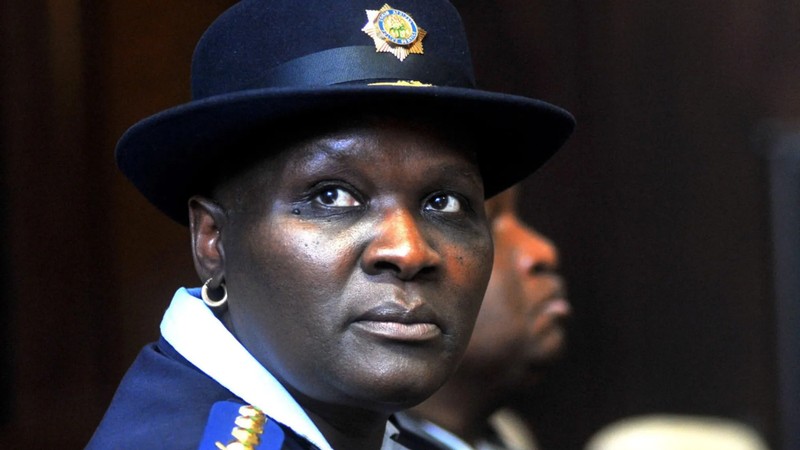Former deputy national police commissioner Dr Leah Shibambo has shared her version of events surrounding her unceremonious removal from the South African Police Service (SAPS) around 2013 — describing it as abrupt, unlawful, and personally devastating.
Shibambo, who had spent more than three decades in the police, said she received a brief SMS inviting her to attend then-national police commissioner Riah Phiyega’s “Year in Office” media conference in August 2013.
At the event, she discovered that her replacement had been announced — without any prior warning, consultation, or formal notification to her.
“I just received an SMS to say I must attend a press conference where the national commissioner was going to talk about her first year in office. To my surprise, when I got there, among other things she spoke about, she spoke about changing people in certain positions, like re-organising the police,” Shibambo said in an interview with Newzroom Afrika on Monday evening.
“She then mentioned some people she was appointing. I was responsible for physical resources, then she announced that she was appointing a former colleague who is a white male. I was not given any position at all. That is how I found out that I am being removed from my position.”
On the day of the announcement, Shibambo said she approached Phiyega regarding her position, but the national police commissioner simply told her, “We will talk”.

From that moment, Shibambo said she began seeking clarity daily from Phiyega about her future in the SAPS.
“For those three months, I was just coming to work and didn’t really have a specific function to do, although I was sitting in that position. I was still the deputy national commissioner in terms of the structures of the police. After the three months of me going every day to her office asking for an appointment, I was told she wants me to head the education trust.
“We all know the SAPS Education Trust is just a project that looks after the children of officers that died in the line of duty. It is not in the structure of the police. I said I will do this work but I also want a position in the structure, at the level of deputy national commissioner,” said Shibambo.
In her interpretation, Shibambo believes she was victimised to pave the way for corruption, adding that Phiyega often described her as someone who “loved the rule book.”
Shibambo said Phiyega had little appreciation for the time and personal investment she had made in building her policing career.
“One day I said to her, General, you do not know where I came from. I joined the police as a young girl and when I joined, police were being killed in Soweto. My family suffered for me to be a police officer and you come, not understanding where I come from, and end my career without reason,” she said.
“I still want to know, why did she fire me? That question I have asked her, and I still want to ask her. Why did she fire me? She will come up with excuses, saying this and that, but why did she fire me? That is all I want to know.
“She was so determined to fire me to an extent that she even had to not follow the rules and regulations of the police. She did something that was unlawful and unfair. The courts have said it was unlawful and unfair,” she said.
News
